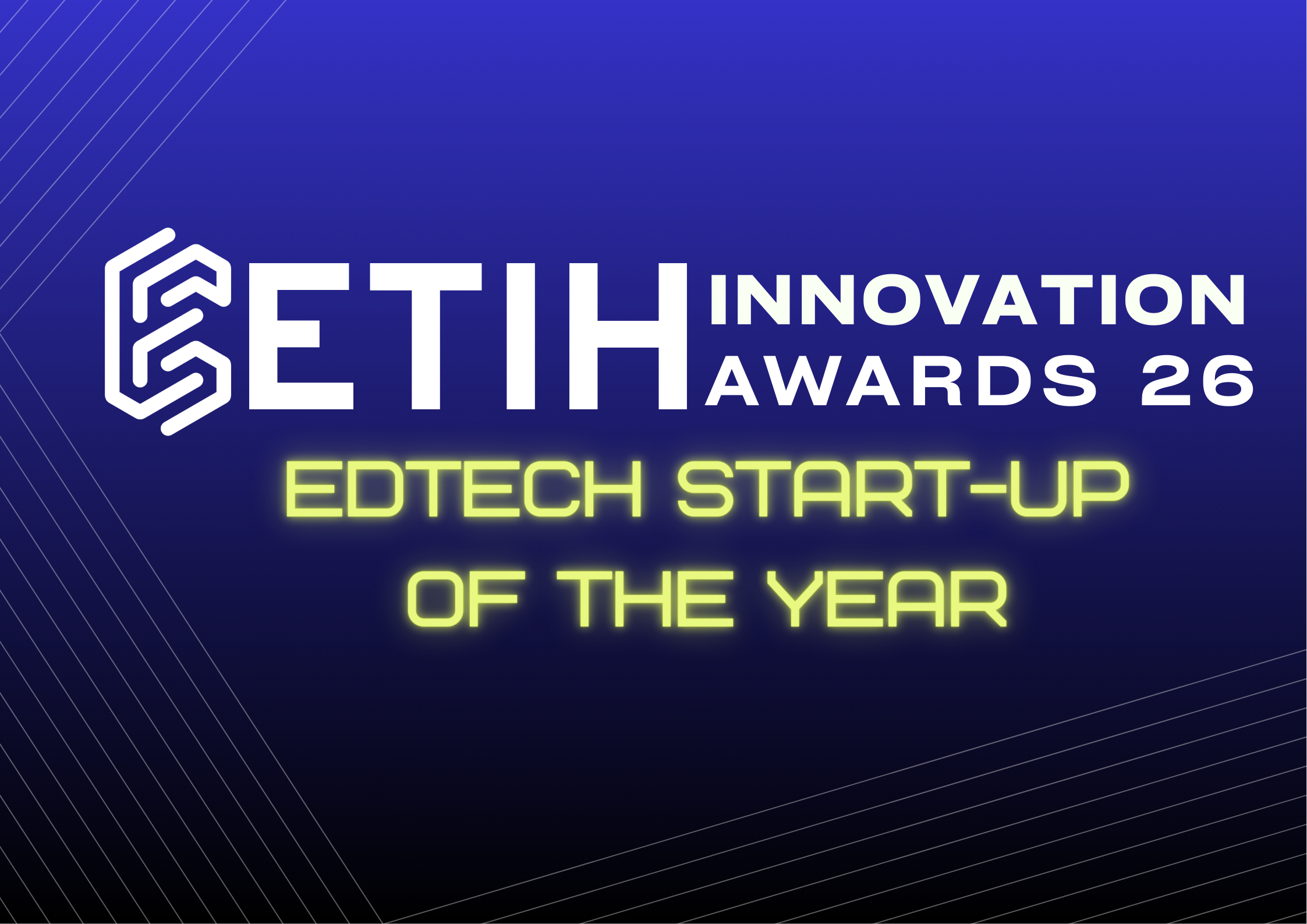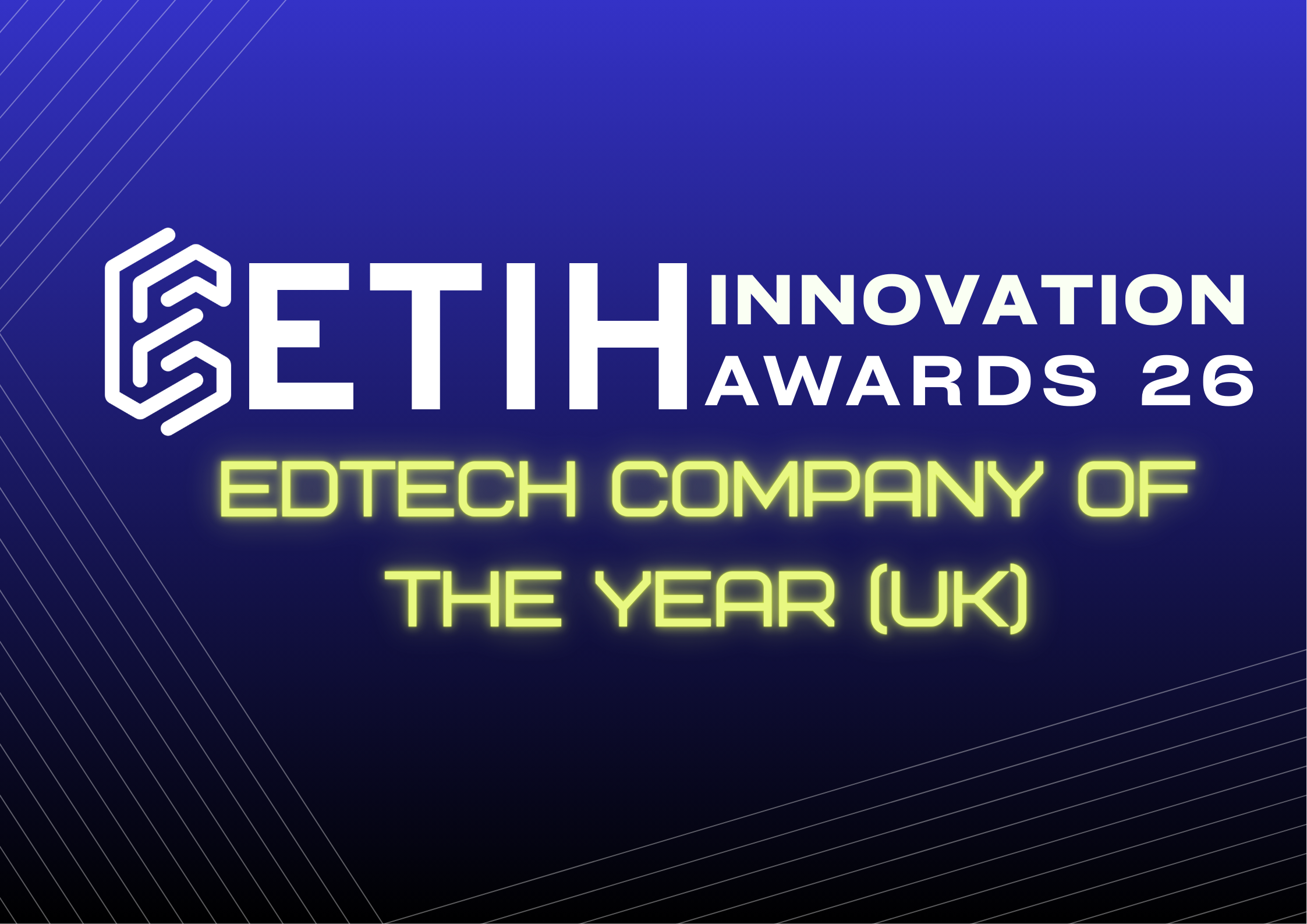Jumio study shows students demand stronger identity protections as AI scams increase
Jumio has published new findings from its 2025 Online Identity Study, reporting that students are early adopters of generative AI while voicing the strongest concerns about fraud and data misuse.
The company provides AI-powered identity intelligence anchored in biometric authentication, automation, and data-driven insights for customer onboarding, compliance, and fraud prevention. The study, conducted by Censuswide between April 9 and April 24, 2025, surveyed 8,001 adults evenly split across the United States, the United Kingdom, Singapore, and Mexico.
Student concerns about AI scams
The study finds 70 percent of students use AI to create or modify images, and 70 percent say they have seen a deepfake in the past six months. Sixty-two percent report confidence in spotting one. Students are also more likely to have second-hand experience with online fraud, with 41 percent knowing someone who has been a victim.
Higher education and biometrics
In higher education, 38 percent of students say they feel safer using biometric verification than traditional passwords. Jumio positions this as a chance for universities to address risks such as “ghost student” scams.
Bala Kumar, chief product and technology officer at Jumio, says: “Students understand both the power and the risks of AI, which makes them far more open to new safeguards like biometric verification. For colleges and universities, this is a rare chance to lead with privacy-first identity intelligence, not only protecting against AI-driven fraud, but also meeting the expectations of a generation ready to embrace stronger protections."
The survey highlights broader expectations. Forty-two percent of students say they would trust their bank more if it used biometrics. When asked who should be responsible for stopping AI-powered fraud, 40 percent point to government agencies, while 38 percent cite big tech and individual platforms. Twenty-four percent say their biggest concern is organizations misusing or selling identity data.
Joe Kaufmann, global head of privacy at Jumio, adds: “As digital identity verification becomes more sophisticated, so must our commitment to privacy. Enterprises that want to earn and keep the trust of students must adopt technologies that prioritize data protection by design and ensure ethical use of AI from the start."
The ETIH Innovation Awards 2026
The EdTech Innovation Hub Awards celebrate excellence in global education technology, with a particular focus on workforce development, AI integration, and innovative learning solutions across all stages of education.
Now open for entries, the ETIH Innovation Awards 2026 recognize the companies, platforms, and individuals driving transformation in the sector, from AI-driven assessment tools and personalized learning systems, to upskilling solutions and digital platforms that connect learners with real-world outcomes.
Submissions are open to organizations across the UK, the Americas, and internationally. Entries should highlight measurable impact, whether in K–12 classrooms, higher education institutions, or lifelong learning settings.
Winners will be announced on 14 January 2026 as part of an online showcase featuring expert commentary on emerging trends and standout innovation. All winners and finalists will also be featured in our first print magazine, to be distributed at BETT 2026.
To explore categories and submit your entry, visit the ETIH Innovation Awards hub.

























